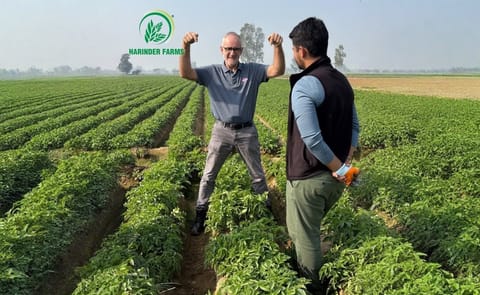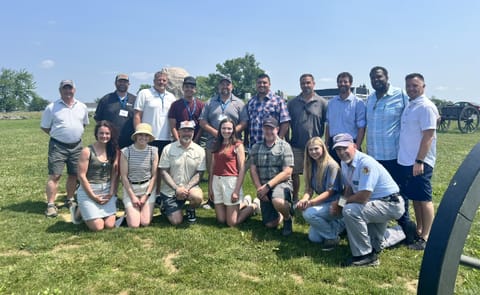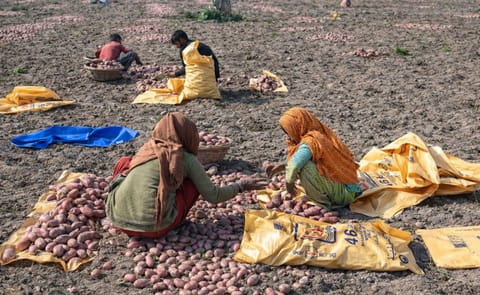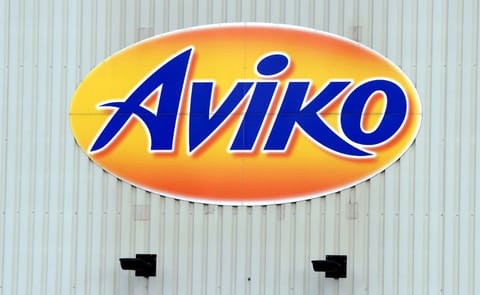program Manager Jenny Durrin in the lab of the Idaho University Nuclear Seed Program
University of Idaho expands its nuclear potato seed program

University of Idaho has hired a new director for its nuclear seed potato program and plans to build additional facilities to help her expand production.
The planned investments - which include construction of a new greenhouse and laboratory - would move the university toward its long-term goal of becoming a national repository for potato germplasm.
Jenny Durrin filled the director position vacated when Lorie Ewing retired last July. She conducted research in potato virus Y resistance in common Idaho cultivars while obtaining her master’s degree in plant science under UI virologist Alex Karasev, and she spent two years studying pale cyst nematode at the university.

Matt Roth (left), the new greenhouse manager for the University of Idaho nuclear potato seed program and the program's manager, Jenny Durrin (right), work on minituber production.
UI also promoted a part-time worker, Matt Roth, to be the program’s full-time greenhouse manager.
The self-sufficient nuclear seed program maintains more than 300 potato crosses — including experimental lines, public and private varieties and the Potato Variety Management Institute’s entire collection. The program also produces disease-free tissue cultures and pre-nuclear seed for seed growers, representing the first step in potato production.
UI Nuclear Seed Potato Program
The UI Nuclear Seed Potato Program in the College of Agricultural and Life Sciences works to establish, maintain and distribute disease-free germplasm and mini-tubers for domestic and international seed potato growers and researchers.The program provides a unique service to growers and researchers in the Northwest and throughout the world.
It is the only laboratory where the entire collection of PVMI lines is maintained.
It is also the only lab that does virus clean-up of new experimental lines coming into the Tri-State Program. Experimental lines are cleaned, maintained and distributed to growers and researchers.
The program also provides education and training for undergraduate students leading to careers in this field.
Facts:
- 250,000: average number of plantlets produced
- 300: potato varieties maintained and propagated
- 2: full-time staff dedicated to the program
- 4: students working in the program
- 3,670: square feet of lab and greenhouse space
- 80+: growers and researchers directly served each year
- 12+: countries that order plantlets annually
Mark McGuire, director of the Idaho Agricultural Experiment Station, hopes the greenhouse will be complete by mid-summer in order to produce a fall crop. He said the program currently can’t keep up with orders.
Mark McGuire, director of the Idaho Agricultural Experiment Station:
“The seed potato production is limited by the greenhouse space.”
“We’re looking to really double the capacity.”










